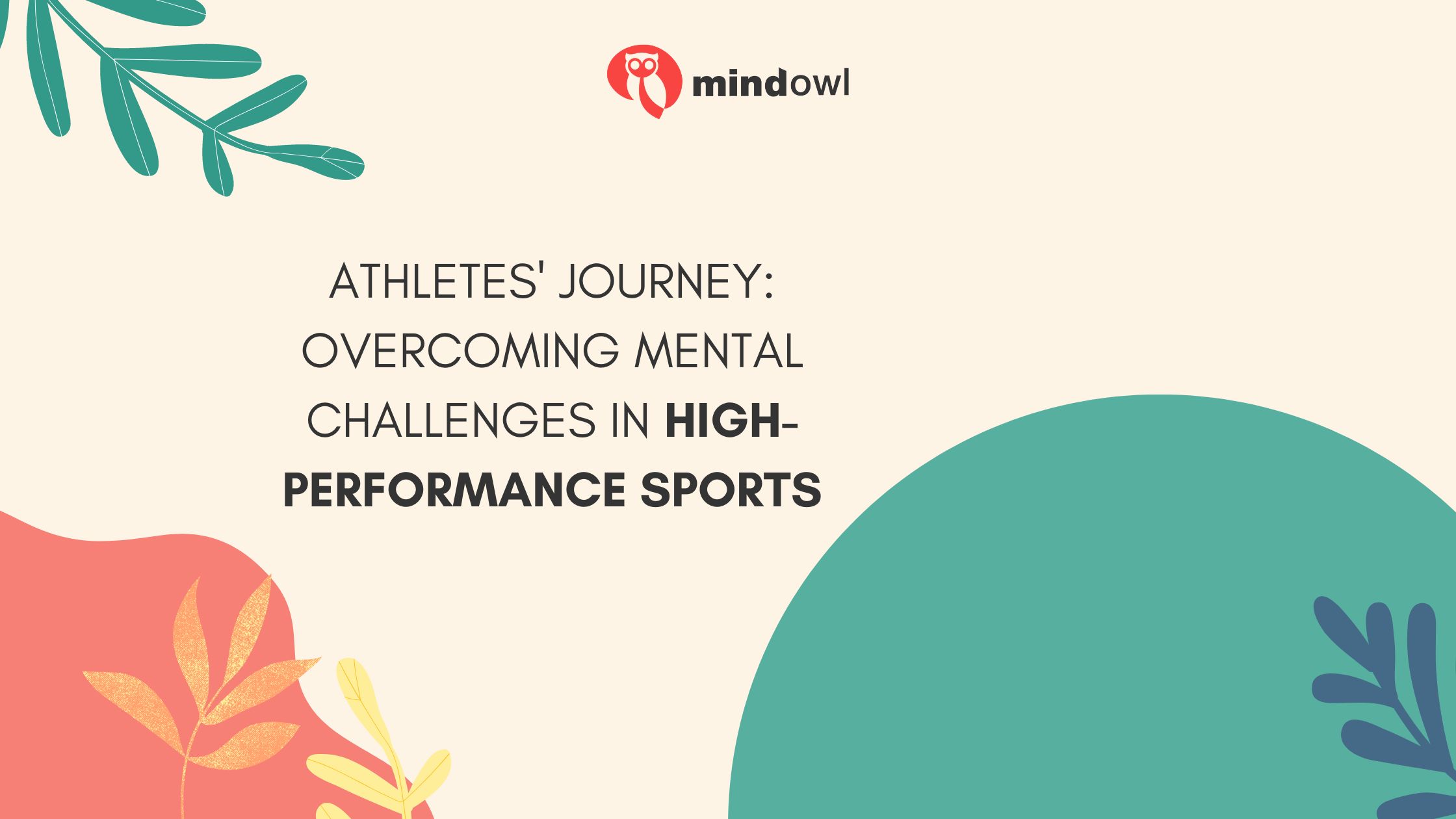Image: Freepik
Physical agility isn’t the only key to top-level sports performance – it’s also a battle of the mind. The psychological hurdles athletes face can be just as tough as any physical challenge. What’s more, the added pressure derived from being a professional sportsperson can increase the risk of suffering from depression, anxiety, eating disorder, and burnout.
Fortunately, you are not alone in your journey towards improving your mental health. Below, we’ll explore how to overcome these mental obstacles and get back on the path to greatness in high-performance sports.
Physical Preparation: The Foundation of Mental Stability for Athletes
Physical training is more than just conditioning your muscles, it also prepares your mind. By regularly pushing your physical boundaries, effectively taking in your pre-workout, and training your discipline, you can create mental fortitude. This mental stability deriving from regular physical preparation can ultimately improve your performance under pressure.
Working With a Specialist: Your First Port of Call
According to recent statistics, 35% of individuals like you suffer from a mental health crisis. This can manifest in various forms such as stress, eating disorders, burnout, or the commonly dreaded depression and anxiety.
Although the techniques below can help you improve your mental well-being, there are some disorders that require the help of a professional. Because of this, your first port of call should always be seeking help from a specialist. By doing so, you are no longer alone in your journey: you’ll be able to gain professional support and address these challenges effectively.
Visualization: Using Mentally Imagined Success to Enhance Performance
Every athlete understands the importance of visualization. It is a powerful tool where you mentally rehearse your success before it happens. For instance, envisioning every turn, jump, and win in a race can actually fuel your real-life performance. This mental imagery trains the brain, helping you to subconsciously improve your actual physical skills.
Positive Affirmation: Cultivating a Winning Mindset
The power of positive affirmations can be truly transformative, as it directly nurtures your mindset. When fostering a winning mentality, you should consider harnessing this tool. For example, repeating affirmations like “I am capable,” or “I am strong,” can solidify confidence and enhance your performance. Always remember, that the mind is a potent influencer, and cultivating positivity paves your path to success.
Mindfulness and Meditation: Achieving Mental Tranquillity
In the world of sports, mindfulness is a powerful tool that can greatly enhance an athlete’s performance. Through meditation, you can achieve a state of mental tranquility, which is crucial for success in any sports endeavor.
This practice helps to improve focus, reduce stress levels and master the ability to maintain calm under pressure. Therefore, incorporating regular mindfulness exercises and meditation into your training regime can provide significant benefits.
Stress Management Techniques: Managing the Pressure
Effective stress management allows you to harness the energy derived from pressure, transmuting it into explosive performance on the field. Breathing exercises, for example, can help calm the racing mind and heart in high-pressure situations. Additionally, engaging in relaxing activities like yoga or mindfulness meditation can balance out adrenaline-fueled action during game time.
Rest and Recovery Strategies: The Impact on Mental Health
Rest and recovery play a critical role in enhancing your mental health as an athlete. Adequate sleep aids in mood regulation while promoting better concentration, essential for peak performance. Taking rest days also helps to reduce stress levels, allowing your mind to recover just like your body. So remember, never underestimate the power of downtime – when orchestrated rightly, it could be your pass to optimal mental wellbeing!
Lifestyle Balance: Maintaining Harmony between Personal and Professional Life
Balancing a lifestyle rife with professional ambitions and personal desires is an art in itself. Bringing harmony between work, family, social connections and private time can be tricky, yet it’s paramount for your well-being and overall productivity. Lastly, don’t forget that incorporating positivity, self-care routines, and hobbies, alongside a career-focused approach ensures a well-rounded, flourishing life.
MindOwl Founder – My own struggles in life have led me to this path of understanding the human condition. I graduated with a bachelor’s degree in philosophy before completing a master’s degree in psychology at Regent’s University London. I then completed a postgraduate diploma in philosophical counselling before being trained in ACT (Acceptance and commitment therapy).
I’ve spent the last eight years studying the encounter of meditative practices with modern psychology.


